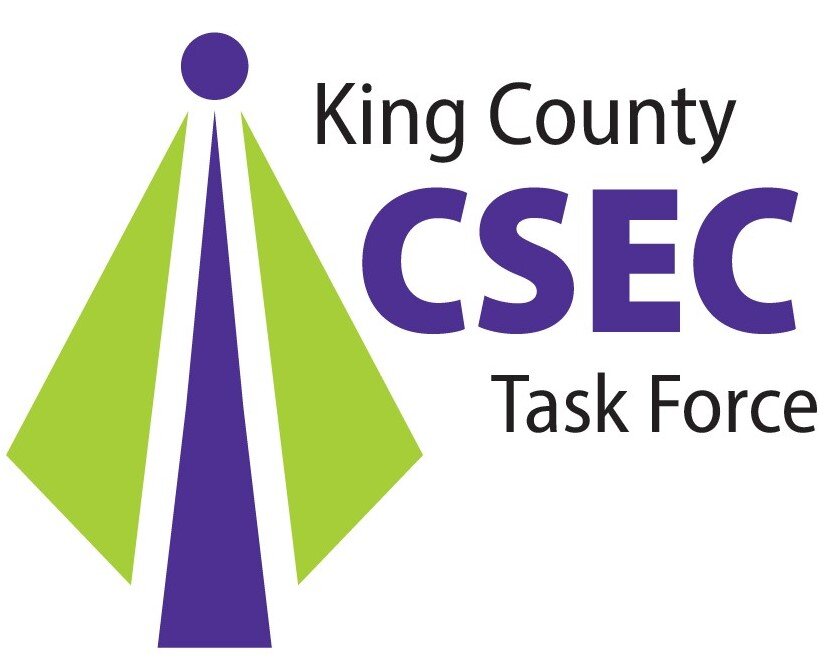Challenges with Statute Of Limitations in Child Sex Abuse Cases
A statute of limitations(SOL) is a law passed by a legislative body to set the maximum time after an event that may initiate legal proceedings. In most cases, unless there is an exceptional circumstance, the SOL begins to run from the date of the occurrence that caused the injury. Child victims frequently do not discover the relationship of their psychological injuries to the abuse until well into adulthood —usually during psychological counseling or therapy. They may not even realize such abuse until they undergo therapy or other counseling services.
Nearly every state has a basic suspension of the statute of limitation for civil actions while a person is a minor. Many states have also adopted additional extensions specifically for cases involving sexual abuse of children. Extensions for filing civil actions for child sexual abuse are most often based upon the discovery rule—by the time the victim discovers the sexual abuse or the relationship of the conduct to the injuries, the ordinary time limitation may have expired. This "delayed discovery" may be due to emotional and psychological trauma and is often accompanied by repression of the memory of abuse. This information is pertinent for Victim Advocates across the country to know and understand in their delivery of services to child victims of sexual assault.
The National Crime Victims Bar Association (NCVBA) will host this webinar focused on challenges with Statute Of Limitations in Child Sex Abuse Cases on March 16th from 11:00 am to 12:00 pm Eastern Standard Time. The intended audience for this presentation is victims advocates.
Presenters include:
Professor Marci A. Hamilton, Founder and CEO of CHILD USA
Jason P. Amala, Esq.,Partner at Pfau Cochran Vertetis Amala Attorneys at Law
Michael T. Pfau, Esq., Partner at Pfau Cochran Vertetis Amala Attorneys at Law
